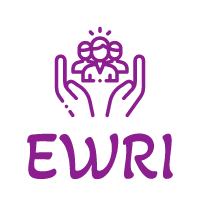Percepções de exploração nas relações de trabalho: Impacto na saúde e comportamento dos colaboradores
Bolseiro de Doutoramento
Perceived exploitative working relationships are not a problem of a bygone era nor are they confined to developing countries, but rather the current pandemic spotlights how organizations are treating their employees as survival becomes the imperative. At what cost? Maria Grazia Giammarinaro (U.N. special rapporteur) reports that “the abuse of vulnerable workers - such as those deemed as essential - had increased “alarmingly” due to COVID-19, leaving many facing starvation and forced to accept exploitative conditions” (Reuters, July 30, 2020). Moreover, last year, the World Health Organization (WHO) and International Labor Organization (ILO) concluded that long working hours kill hundreds of thousands of people a year from stroke and ischemic heart disease. Combined with the increasing use of new forms of work, outsourcing, technology advancements, less legal regulation, COVID-19 has added fertilizer to ripening conditions for organizations to exploit its employees.
Consequently, this fast-paced and uncertain context coupled with the ongoing COVID-19 situation fuels a conductive environment for organizational mistreatment – organizations acting malevolently towards their employees in order to survive or thrive. One of these forms of organizational mistreatment is organizational exploitation. Drawing on seminal works in political economy and sociology, recent literature defines exploitation as employees' perceptions that they have been purposefully taken advantage of in their relationship with the organization to benefit the organization itself. Specifically, these perceptions of exploitation include: the organization uses and mistreats the employees, forces them into a contract that solely benefits the organization, does not compensate them adequately despite expecting employees to go to work at any time, does not provide job security and can dismiss employee at its convenience, uses employees’ ideas without asking or acknowledging and, does not care if it harms ...

 English
English


